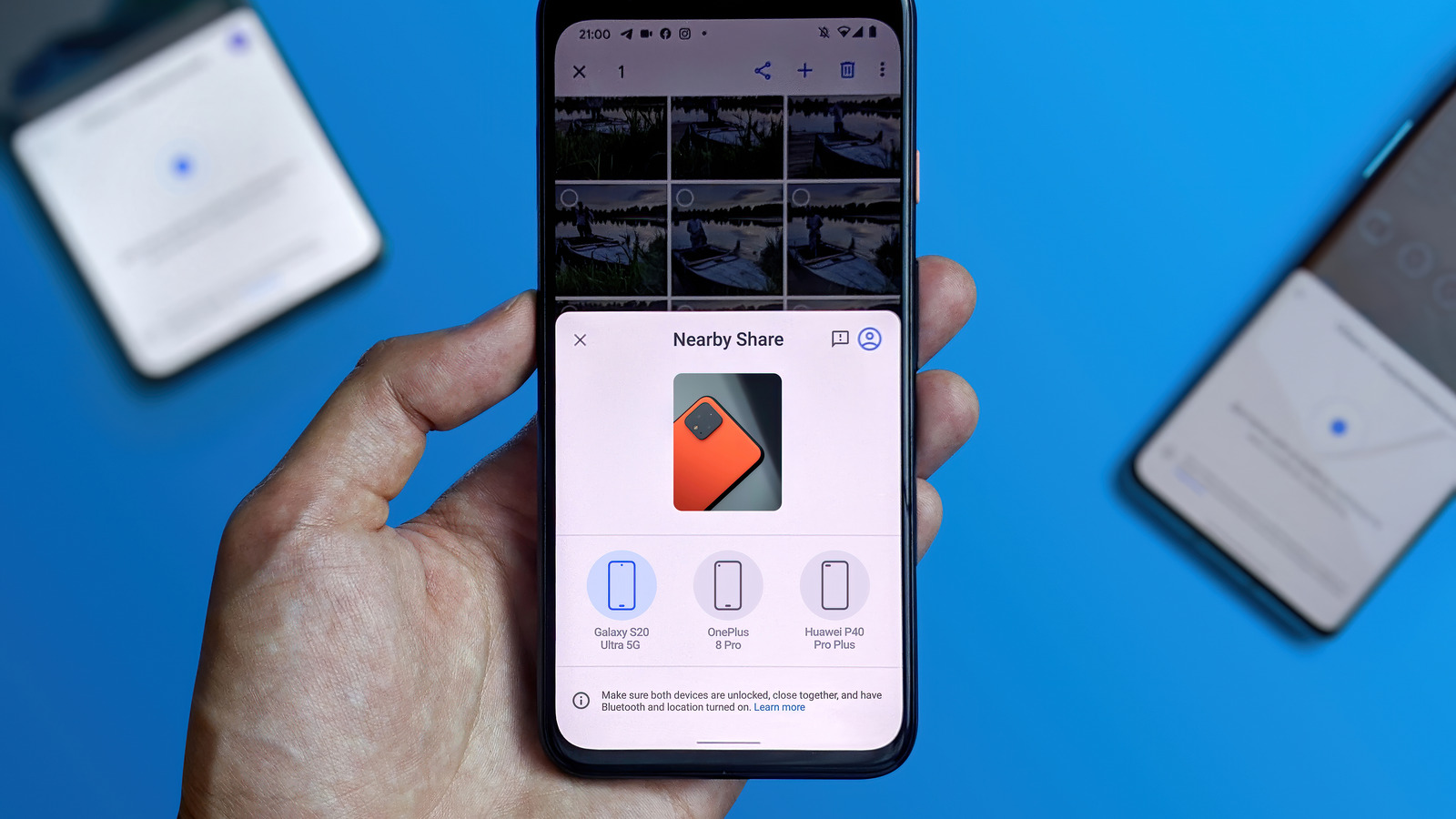
Merging Nearby Share into Quick Share represents an evolution in the relationship between Samsung and Google, which has been a tense one. As the leading manufacturer of Android devices, Samsung relies on Google’s operating system; however, since a plurality of Android users will experience the OS via the Korean giant’s hardware, Google is also beholden to Samsung for market share. While that seems like a symbiotic relationship, it has often resulted in a cold war between the two titans. Samsung has its own vision for Android, with its One UI skin being vastly different from Stock Android in many ways. It has a separate app store; its Bixby voice assistant competes against Google Assistant and so on.
For a while, the two companies grew increasingly adversarial, with Samsung trying to develop its own in-house OS called Tizen, which did ship on a few Galaxy Watches. But things seem to have smoothed over in recent years. Galaxy Watches once again ships with Wear OS, and partnerships have become more common. Google even develops special versions of its apps for Samsung’s ecosystem, helping to reduce the issue of duplicate Samsung apps competing against Google apps.
The issue with Quick Share has always been evident. Having two features that do roughly the same thing is, at the least, redundant. Users have been confused by the fact that while Nearby Share works between any two Android devices, as well as with all Windows PCs, Quick Share only works with other Galaxy devices. Users who aren’t clued into the difference between the two may become frustrated, causing them to abandon both features. That’s not beneficial for either Google or Samsung, and the Android ecosystem will be healthier overall as a result of merging the two.
